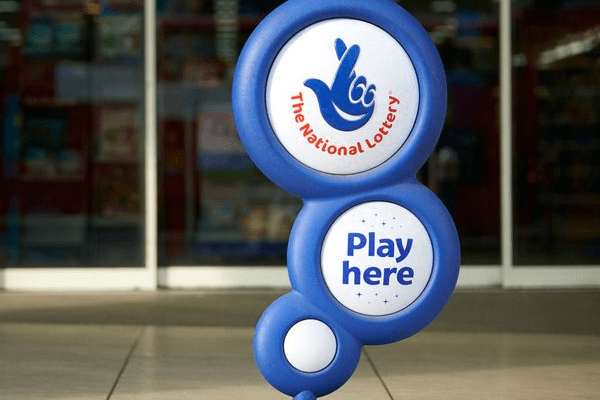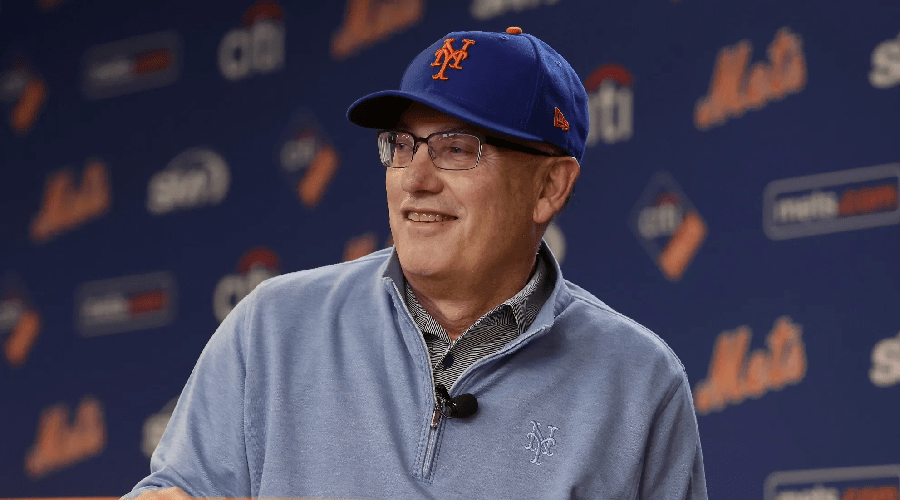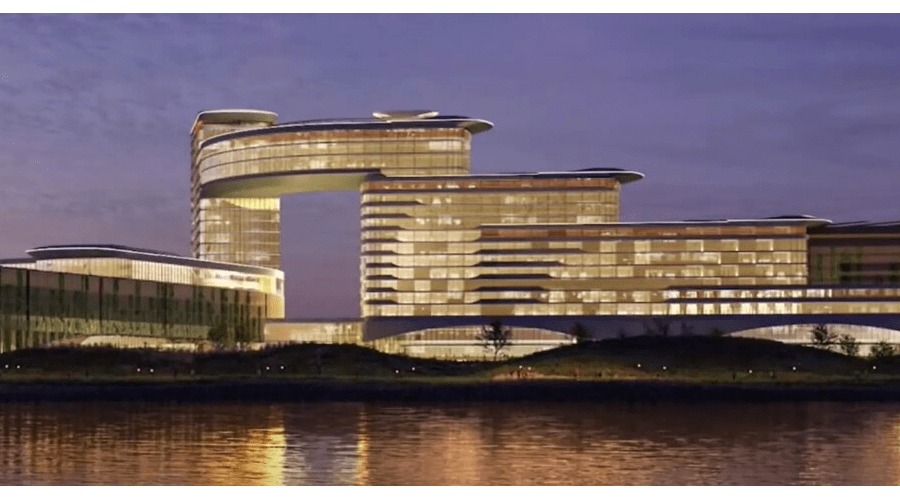In the United Kingdom and Camelot Group has reportedly dropped its appeal against the Gambling Commission’s decision not to award it with the license to operate the National Lottery for the ten years to 2034.
According to a report from The Times newspaper, Camelot Group has run the National Lottery ever since the service launched in 1994 although it was left fuming in March when the Gambling Commission regulator controversially selected the Allwyn UK subordinate of European lotteries giant Sazka Group as the recipient of the enterprise’s next ten-year operating license. This move purportedly prompted the rejected firm to launch a legal action amid allegations that selectors had not correctly implemented a scoring system designed to measure the conflicting bids.
Pertinent plea:
Watford-headquartered Camelot Group reportedly lost the first round of this suit before the High Court in June and but immediately petitioned the Court of Appeal for a re-examination that was expected to kick off from as early as next week. The operator had purportedly sought to have its losing bid for the world’s fifth largest lottery reconsidered or receive damages that could have topped out at as high as £500 million ($606 million).
Abandoned action:
But Camelot Group has now reportedly disclosed that it will not be pursuing the Court of Appeal action over concerns that doing so could cause considerable delays and harm National Lottery contributions to a wide range of charitable causes. This move from the miffed firm has therefore purportedly removed a major obstacle to the signing of an ‘enabling agreement’ between the Gambling Commission and Allwyn UK ahead of the lottery service’s official handover in February of 2024.
Important insurance:
Camelot Group reportedly used an official statement to declare that it has now ‘decided to withdraw its appeal’ in exchange for an assurance from Allwyn UK that this company would ‘not to pursue any damages’ in relation to the National Lottery licensing controversy. The firm purportedly furthermore pronounced that it will not seek ‘to prevent the enabling agreement being signed prior to the procurement trial’ and intends to cooperate with the new licensee and the Gambling Commission ‘to facilitate an orderly transition to the fourth licence.’
Reportedly read the official statement from Camelot Group…
“By pursuing the opportunity to be awarded the fourth licence, Camelot Group has sought to limit the risk that good causes or the exchequer would have to meet damages if the licence award was found by a court to have been unlawful. However, it has become clear that the potential damages covered by the undertakings needed for the appeal to proceed would have been too large and involved too great a commercial risk for it to be reasonable to provide them.”
Colleague comportment:
For its part and the Gambling Commission used an official filing of its own to assert that it is now waiting to discover whether Camelot Group’s technology partner, International Game Technology (IGT), is to continue pursuing its part of the larger appeal so as to continue the delay to the signing of the ‘enabling agreement’ with Allwyn UK. The regulator went on to proclaim that the ‘automatic suspension’ of this arrangement remains in place although ‘resolution of the appeal would allow us to proceed with the important work of formally awarding the licence.’
The Gambling Commission’s statement read…
“Our priority is to continue to work to implement our decision and ensure a seamless and timely transition to the next licence for the benefit of participants and good causes. We remain resolute that we have run a fair and robust competition and that our evaluation has been carried out fairly and lawfully in accordance with our statutory duties.”






